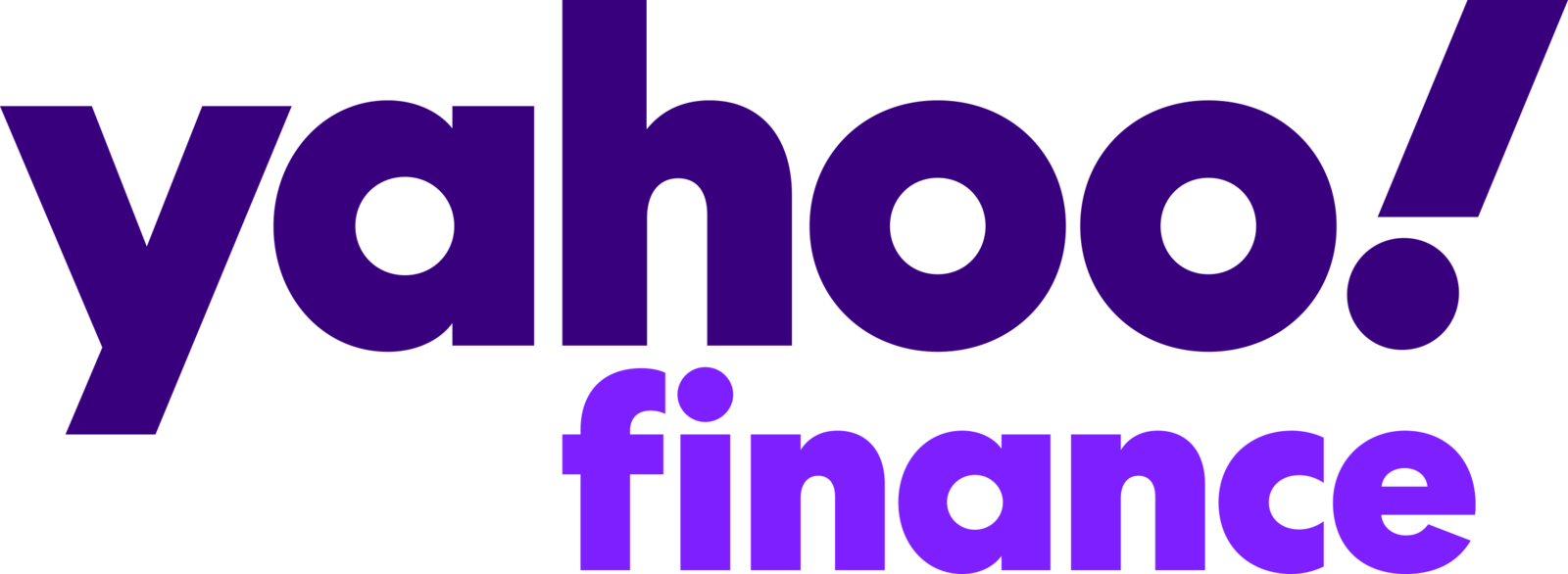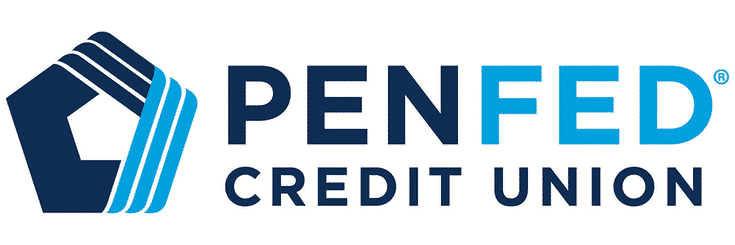Best Checking Accounts for April 2024
Important
As seen in






How to Get the Best Checking Accounts
Find the best checking account rates by comparing with Financer.com
What Are Checking Accounts?
Checking accounts are a type of deposit account that allows you to deposit and withdraw money as you wish, providing easy access to your cash at any time.
You can use a checking account to pay bills, make purchases and otherwise manage your daily financial transactions.
Minimal fees, low minimums, and an extensive ATM network are typical features of the best checking accounts. You can open a checking account at a bank or credit union and they are designed for everyday use.
Checking accounts typically come with a debit or ATM card and paper checks. They also may allow you to make ACH and wire transfers.
Top-Rated Checking Accounts
How to Choose the Best Checking Account
With so many checking accounts available, choosing one can be difficult. Here's what to consider when looking for the best checking account:
- Fees. Keep fees to a minimum because you'll utilize a checking account for your regular transactions. Keep an eye out for overdraft, monthly maintenance, and out-of-network ATM costs. Find a bank or credit union that keeps such fees at a minimum by taking a look at your banking practices to determine which fees are most important to you.
- Account minimums. To start a checking account, you may need to deposit a specified minimum amount with some banks and credit unions. In order to receive the APY or avoid fees, they could also ask that you maintain a specific minimum amount. Make sure you can fulfill the conditions of the bank or credit union before opening an account. Alternately, search for an account with no minimum balance limitations.
- APY. Not all checking accounts pay interest. But if you're looking for interest earnings, keep the APY in mind.
- Customer service. Regardless of whether you bank online or at a branch, it’s important to be able to get in touch with a customer service representative should a problem or question arise. It’s also important that they are helpful and responsive.
- Digital banking. Especially if you often bank online or via mobile app, look for banks and credit unions with innovative online and mobile banking technology.
- Safety. Make sure your bank account is insured by the Federal Deposit Insurance Corporation (FDIC). In the case of a bank failure, it offers insurance of up to $250,000 per depositor, per bank, for each category of account ownership. In credit unions, look for insurance from the National Credit Union Administration (NCUA).
What Customers Say About Us
4.60 based on 324 reviews
from Reviews.io
How to Open a Checking Account
The process of opening a checking account varies by bank.
Typically, you can apply for a checking account online or in person at a bank or credit union location. A government-issued photo ID, your Social Security number, or your Individual Taxpayer Identification Number are likely to be requested.
You should expect to be asked by the bank or credit union for your date of birth, address, phone number, and other contact details.
Checking Account Fees
Fees are one of the most important considerations when comparing different types of checking accounts. Fees can include overdraft fees, insufficient funds fees, foreign ATM fees, and wire transfer fees.
Some banks require you to maintain a minimum monthly balance to avoid paying monthly maintenance or service fees.
If avoiding high bank fees is a priority, consider how your typical average monthly balance compares to what a bank requires for a checking account.
Open a Checking Account Online Today
Get up to 2.00% APY by opening a check account online
How Do Checking Accounts Work?
Money can be deposited into checking accounts and withdrawn as needed. Although the methods for depositing cash vary by bank, the following are a few common methods:
- Direct deposit
- ATM deposit
- Mobile deposit
- At your local bank branch
Withdrawing Money
In the past you could write paper checks to withdraw money, but there are many ways to do this today:
- Debit card
- Wire transfer
- ACH transfer
Some banks offer bonuses for opening a checking account. These promotions often have a specific time period but they are often renewed. The best way to take advantage of these bonus offers is to keep an eye on available promotions.
Types of Checking Accounts
Checking accounts aren't all the same and there are different types available. Interest-bearing checking accounts can help you make the most of your money.
Traditional Checking Accounts
Traditional or standard checking accounts are the basic type of checking accounts available. They offer the ability to write checks and also give you access to a debit card to use for purchases and withdrawals.
This type of checking account may have a monthly account fee, although some banks and credit unions will waive the fee if you meet certain requirements.
For example, if you sign up for a direct deposit, maintain a minimum balance, or sign up for additional service, you may have your monthly fee waived.
Some checking accounts have minimum deposit requirements. Once you have opened your traditional checking account you can connect it to a debit card or mobile wallet, and you can also connect it with your savings account.
Premium Checking Accounts
Upgraded features and perks are offered by premium checking accounts. These accounts could have higher initial deposit requirements, lower acceptable minimum balances, and higher monthly service or maintenance fees. However, they can provide a number of worthwhile advantages, including rewards, bonuses, and interest on deposits.
Depending on the bank or credit union, specific guidelines and regulations may apply to premium checking accounts. However, in general, your bank is likely to offer you greater rewards the more money you deposit with them and the more financial products you sign up for.
Like a frequent flier program for banking, your bank will work harder to provide you with a premium experience the more business you bring to them.
Interest Bearing Checking Accounts
Interest is paid on balances in interest-bearing checking accounts in the same manner as in savings or money market accounts. Many banks have reduced the yields on their interest-bearing checking accounts as a result of the historically low interest rates.
However, it is still possible to locate institutions that provide checking accounts with high interest rates.
Checking accounts with dividend payments is widely available from credit unions, and some of these accounts are more affordable than bank accounts with interest. Even if you don't live in the state where the credit union is situated, you can frequently open a credit union account if you're willing to donate or pay a nominal membership fee.
It might be challenging to find checking accounts that offer the highest interest rates. You might need to fulfill a specific monthly transaction or minimum balance requirements at some banks or credit unions in order to earn interest. It might not be worth all the work to earn a higher APY.
However, interest-bearing accounts might help you generate money from your checking account balance.
Other Checking Accounts
Interest-bearing checking accounts may not be the best choice for every customer. Here are a few other types of checking accounts:
- Business checking
- Student and teen checking
- Rewards checking
- Senior checking
- Second chance checking
Checking vs. Savings Accounts
Savings accounts are used for money saving, whilst checking accounts are utilized for daily purchases. Listed below are some key differences between the two:
- Purpose. Checking accounts are for day-to-day spending, whereas savings accounts are meant for saving.
- Withdrawals. Checking accounts generally allow unlimited withdrawals per month, whereas most savings accounts are limited to six withdrawals per month.
- Features. Checking accounts generally come with debit cards, paper checks, and overdrafts. Savings accounts, especially high-yield savings accounts, may come with interest earnings and tools to reach savings goals.
- Interest. Some checking accounts pay interest, but this isn’t common. Savings accounts generally do pay interest.
Compare Checking Accounts with Financer.com
Financer.com helps you compare the best checking accounts and get the lowest rates from leading US banks.
We look for lenders that offer full transparency and have a long track record of successful lending and satisfied customers. We are always improving our comparisons, but are confident in what we can bring to market, and we know you will be as well.
Checking Accounts - FAQs
What is overdraft protection?
Overdraft protection is a service that some banks and credit unions provide. Customers can request this, but usually at a cost. When you have overdraft protection, transactions can still be processed even if your account balance is insufficient.
Are checking accounts safe?
Yes, checking accounts are safe. When you choose a checking account, make sure it is insured by the FDIC (Federal Deposit Insurance Corporation) at a bank or the NCUA (National Credit Union Administration) at a credit union.
Both organizations insure your deposits up to $250,000 per depositor, per bank or credit union, for each account ownership category, in the event of a bank or credit union failure.
What banks offer free checking accounts?
Free checking accounts will likely be more popular at online banks versus traditional banks, as online banks tend to have lower overhead costs and pass these savings on to customers. Some of the top online banks offering checking accounts with no monthly fee include Ally Bank, Capital One, and Discover Bank.
How many checking accounts can I have?
There is no limit to the number of checking accounts you can have, but consider how many you can realistically manage and how much you'll pay in fees. It's recommended to keep one checking account for spending, and one for paying bills.
Read More About Personal Finance
$50 Loan Instant App
When life throws unexpected expenses your way, and you're short on cash, a $50 instant loan app can be a lifeline. These apps are a
January 17, 2024 27 min read
How To Freeze Your Credit
These days, it's more important than ever to keep a close eye on your credit. With data breaches becoming more and more common, it's only ...
December 26, 2023 7 min read
How to Remove a Charge-Off from Your Credit Report: 7 Tips
December 26, 2023 9 min read
What is Debt-to-Limit Ratio?
What is Debt-to-Limit Ratio? Debt-to-Limit Ratio compares the total amount of debt you've accumulated on your credit accounts to the total credit limit across all those ...
February 6, 2024 12 min read
Why Did My Credit Score Drop: 9 Reasons and How To Fix It
January 19, 2024 21 min read









